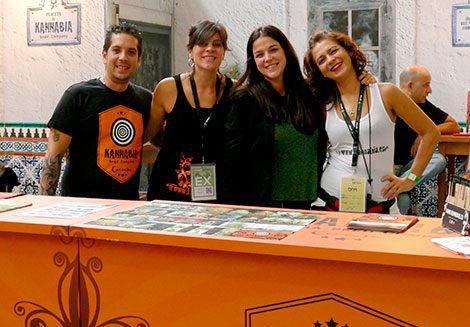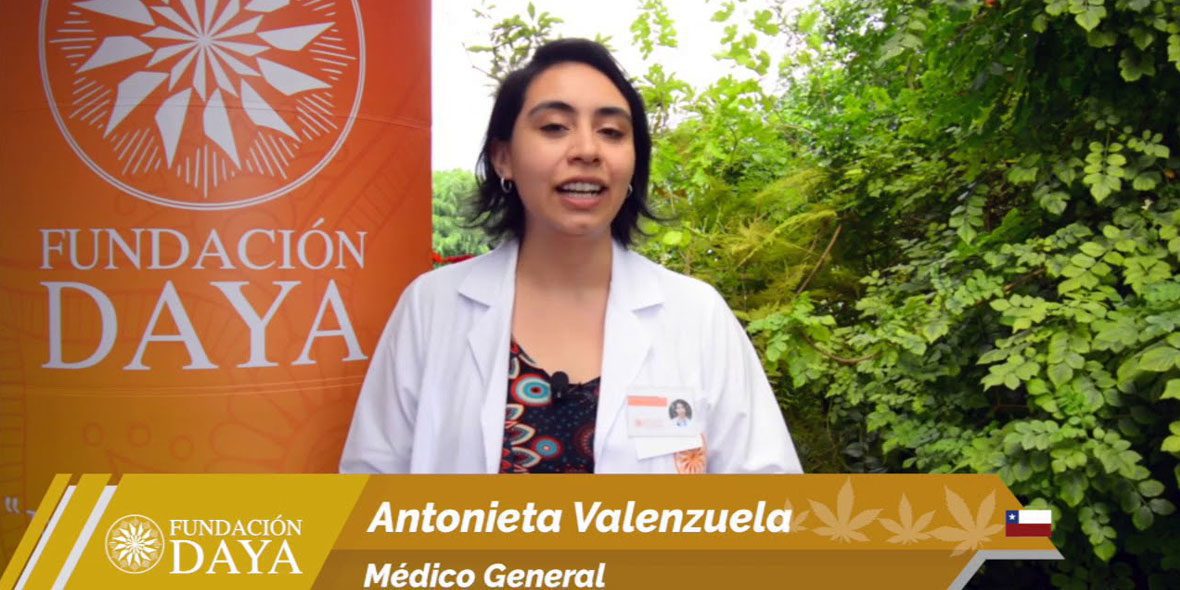
Kannabia in Expogrow 2016
We are back! Expogrow V edition has been a fantastic experience and we don’t want to miss the opportunity to share some moments and images with you all. This fifth anniversary of the fair has…
Iberian Peninsula express shipping
0€ Orders over 60€
*6€ orders under 59€
East, West, South Europe express shipping
0€ Orders over 150€
*18€ orders under 149€
North Europe express shipping
0€ Orders over 160€
*20€ orders under 159€
Ireland, Norway, UK normal shipping
0€ Orders over 60€
*6€ orders under 59€
Rest of the world normal shipping
0€ Orders over 180€
*25€ orders under 179€
Shipping costs can be confirmed in your shopping cart.
For additional shipping methods, please reach out through info@kannabia.com.


*Website protected by SSL.
**Not available in all regions.
*Your coupon will be sent via email.
*Should you have any question, comment or feedback, please do not hesitate to contact us.

Laura Rueda – You participated in the first American Meeting of Professional Experts in phytocannabinoides, can you tell us a little more about your presentation?
Antonieta Valenzuela – My presentation was about dysmenorrhoea and its treatment with phytocannabinoids. It was to show the undervaluation of both diagnosis and treatment. In Chile and in most countries, menstrual pain is not recognized as a valid pain, worthy of diagnosis and treatment, but normalized as part of the gender role of women, as “something to bear”.
In addition, scientific research regarding effective treatments without associated side effects is scarce, just as it is with cannabinoids. My presentation was given at the round table and dealt with clinical experiences with cannabis.
L.R. – In this meeting many cannabis specialists from the entire American continent participated and signed a declaration. What is the purpose of this statement?
AV. – The objective is to make a formal call to the General Assembly of the United Nations, to the governments of Latin America, state institutions and health agencies involved in the responsibility of access; to ensure safety; to educate, protect, and decriminalize inappropriate police practices, provide adequate conditions for investigation and legalization allowing the expression of citizens’ demands regarding their rights. Thus, the extensive experience gained in the fight for cannabis legalization in Latin America, have made the demands of this declaration much more complete.
L.R. -Why is it so important to make a network of cannabis specialists in each territory?
AV. – Communication among Latin American countries has allowed the formation of a support and collaboration network, allowing cannabis specialists to connect, to share the latest experiences and expand the research of cannabis, from its regulation and policies to morality regarding the uses of the plant.
L.R. – You are a surgeon, how did you become interested in medicinal cannabis?
AV. – When I started to have a more critical view of what was considered medicine in Chile and the world, and the role one can fulfil in the profession. I questioned the existence of the large quantity of drugs produced by multi-million dollar industries, promoting the use of drugs, which are harmful and inaccessible in the long term; How can the health system sustain itself on a base of general treatment, treatments and medical protocols, when individualized care can make all the difference in care and therapeutic alliances to people? I am convinced that cannabis is an alternative both in itself, or as a complementary medicine, to improve people’s quality of life, a good therapeutic option, in most cases better than many drugs.
L.R. – You are currently at Fundación Daya, how long have you been there and what is your job there? What is the focus of your research/work on medicinal cannabis?
AV. – I have now been there just over a year. I attend people who ask for help and guidance in the search of alternatives such as cannabis, an excellent tool to replace or complement conventional treatments for certain pathologies. My current research is about pain management and its associated issues in women with fibromyalgia, evaluating everything from the response to pain, to the impact on their sexuality. The previous work focused on the use of cannabis as a complementary therapy for dysmenorrhea (menstrual pain).
L.R. – Daya Foundation is known throughout the world for its important work and you have worked hard for the rights of medicinal cannabis. Do you think that Chile is in a good place on the road to legalization?
AV. – The route to legalization and safe medical use is underway, a well advanced change in Chile in which the foundation has played an important part. The president of the Chamber of Deputies, Maya Fernandez, welcomed the request of Fundación Daya and Mama Cultiva to table the discussion of the project to modify the Sanitary Code, allowing a medical prescription to be a valid and suitable tool for planting, cultivation and harvesting plants, without the fear of arrest or seizure. And we are eager to continue the fight for our rights.